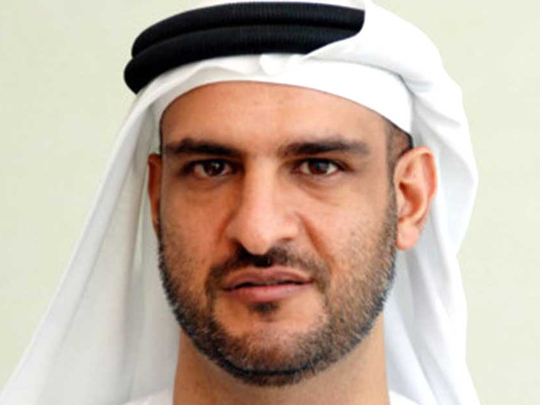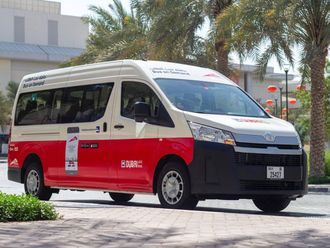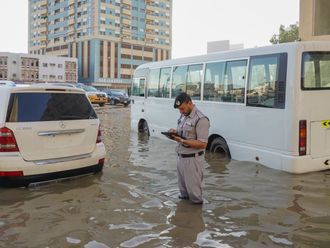
Dubai: Having people declare their health problems before applying for a driving licence won’t help in making roads safer, a Roads and Transport Authority (RTA) official told Gulf News on Saturday.
Ahmad Hashim Behroozian, CEO of RTA’s Licensing Agency, told Gulf News that the policy of having a driver’s health declaration and undertaking is common in many Western countries, including the United Kingdom, but it hasn’t proved effective.
“In the countries where the policy is in place, it hasn’t had the desired result, because not everyone comes out with the truth. A lot of people hide their problems, which makes the policy of declaration and undertaking ineffective,” said Behroozian, talking about ways to restrict drivers with serious health issues.
His comments come following the Federal Traffic Council’s (FTC) recommendations that people with health issues that can affect their ability to drive should come forward and declare their illnesses to licence-issuing authorities.
The issue of restricting drivers with certain medical conditions came to attention earlier this month following the tragic accident in Ajman where a man suffering from epileptic seizure crashed into a restaurant, killing two and injuring five.
The FTC also recommended that people who are diagnosed after receiving their driver’s licence should come forward and declare their condition, and sign an undertaking that they take full responsibility in case of an accident.
Behroozian said the federal traffic law already authorises traffic authorities to revoke a driving licence if they deem anyone medically unfit to drive. “If a local authority wants to prevent someone from driving on health grounds, they can do it. The law has always been there. But what we have right now across the country is only an eye test. There is no country in the world where there is medical screening for all the driving licence applicants, and any such initiative is practically not possible,” he added.
He said that the law has not been implemented so far because the licensing authorities don’t have the means and expertise to glean the information and decide on the action that needs to be taken in different health cases.
“The best solution to the issue would be for federal health authorities to develop a unified standard and draw up a mechanism to identify the cases and inform the licensing authorities about actions that need to be taken,” he said.
According to Behroozian, depending on the diagnoses, the action could range from driving prevention, imposing certain restrictions or reducing the duration of licence and keeping certain drivers under monitoring.
Drawing lessons from a system in place in countries like Australia, he suggested that doctors can be mandated to inform the authorities if patients have issues that could affect driving.
“In line with Smart Dubai initiatives, an electronic system could be developed which can be used by doctors to report problematic cases and the traffic authorities could access that information and act on it,” he said.
RTA has already developed a screening system for professional drivers, making it mandatory for those who work as drivers to pass a health test.
People with certain diseases like epilepsy, extreme conditions of diabetes, hypertension, heart ailments, etc, are not allowed to work as drivers in Dubai.










